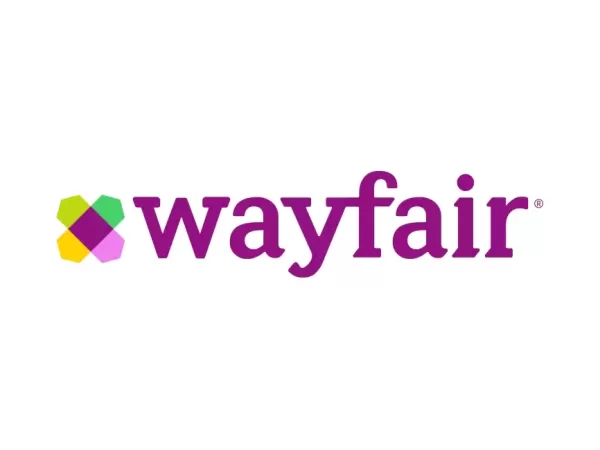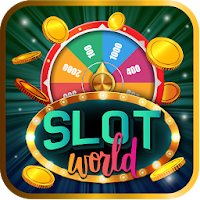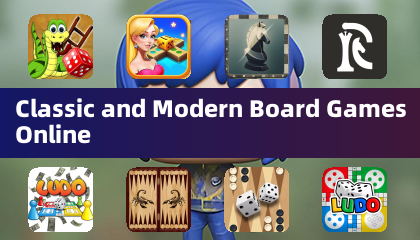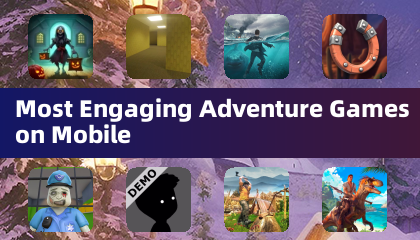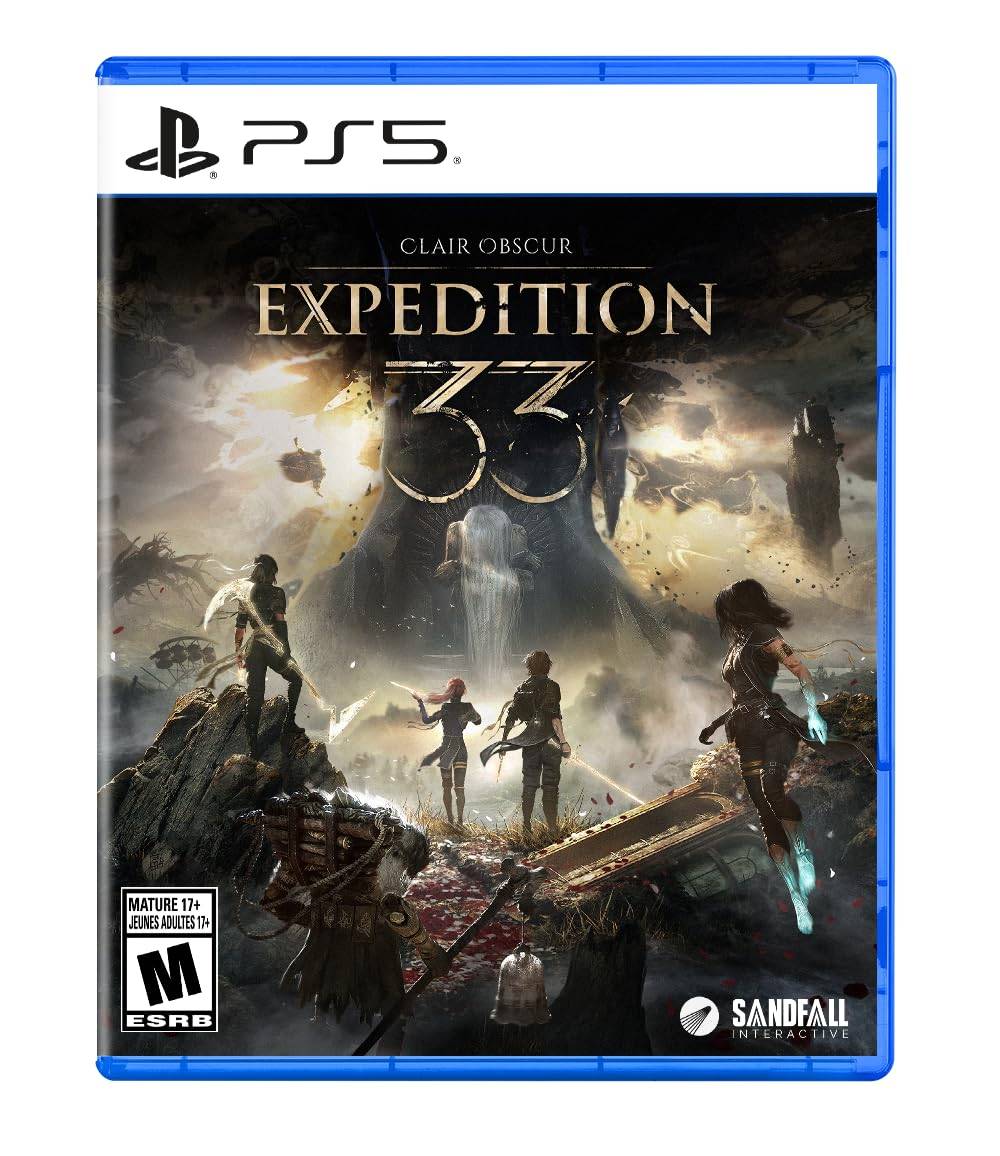Five years ago, when Mike and Amy Morhaime founded Dreamhaven, I had the privilege of speaking with several of the founding members about their vision for the company. They expressed a desire to establish a sustainable publishing and support system for game studios, encompassing the two they were launching at the time, Moonshot and Secret Door, as well as other chosen partners.
At the end of our interview, Mike Morhaime shared an ambitious goal for the new company:
"We want, if I may be so bold as to say, to be a beacon to the industry," he remarked, gesturing towards the company's lighthouse logo art. "There's a better way to approach the business of games and the operation of a game company that can yield excellent results, not only in terms of products and financial success but also in creating a positive work environment. This approach could potentially elevate the entire industry."
Around the time Dreamhaven was founded, numerous studios led by former AAA executives emerged, all with bold promises of creating more sustainable game development environments. However, the intervening years have been marked by challenges including a global pandemic, economic instability, widespread layoffs, studio closures, and project cancellations. Many of these visionary studios have either shut down before launching their games or postponed their ambitions indefinitely.
Yet, Dreamhaven has persevered. Today, they've partnered with The Game Awards for their first-ever showcase, unveiling not one or two, but four games. Two of these are internally developed: Sunderfolk, a turn-based tactical RPG with couch co-op set to release on April 23, and the newly announced Wildgate, a crew-based first-person shooter focused on space heists (which we've had the chance to preview!). The other two games are developed by external studios but published and supported by Dreamhaven: Lynked: Banner of the Spark, an action-RPG from LA-based developer FuzzyBot currently in early access and slated for a 1.0 launch in May, and Mechabellum, a turn-based tactical auto-battler from Chinese studio Game River, which released last September and aims for long-term updates with Dreamhaven's help.
This is a significant undertaking for a relatively new player in the games industry! But Dreamhaven's ambitions don't stop there. The company is also supporting ten other external studios—many founded and staffed by former AAA developers—through investments, consultancy, fundraising support, and sometimes publishing assistance. At the Game Developers Conference (GDC) last week, Mike Morhaime explained that Dreamhaven's leaders aimed from the outset to create a "net" to "capture some of this great talent that was dispersing" across the industry.
Wildgate - First Screenshots
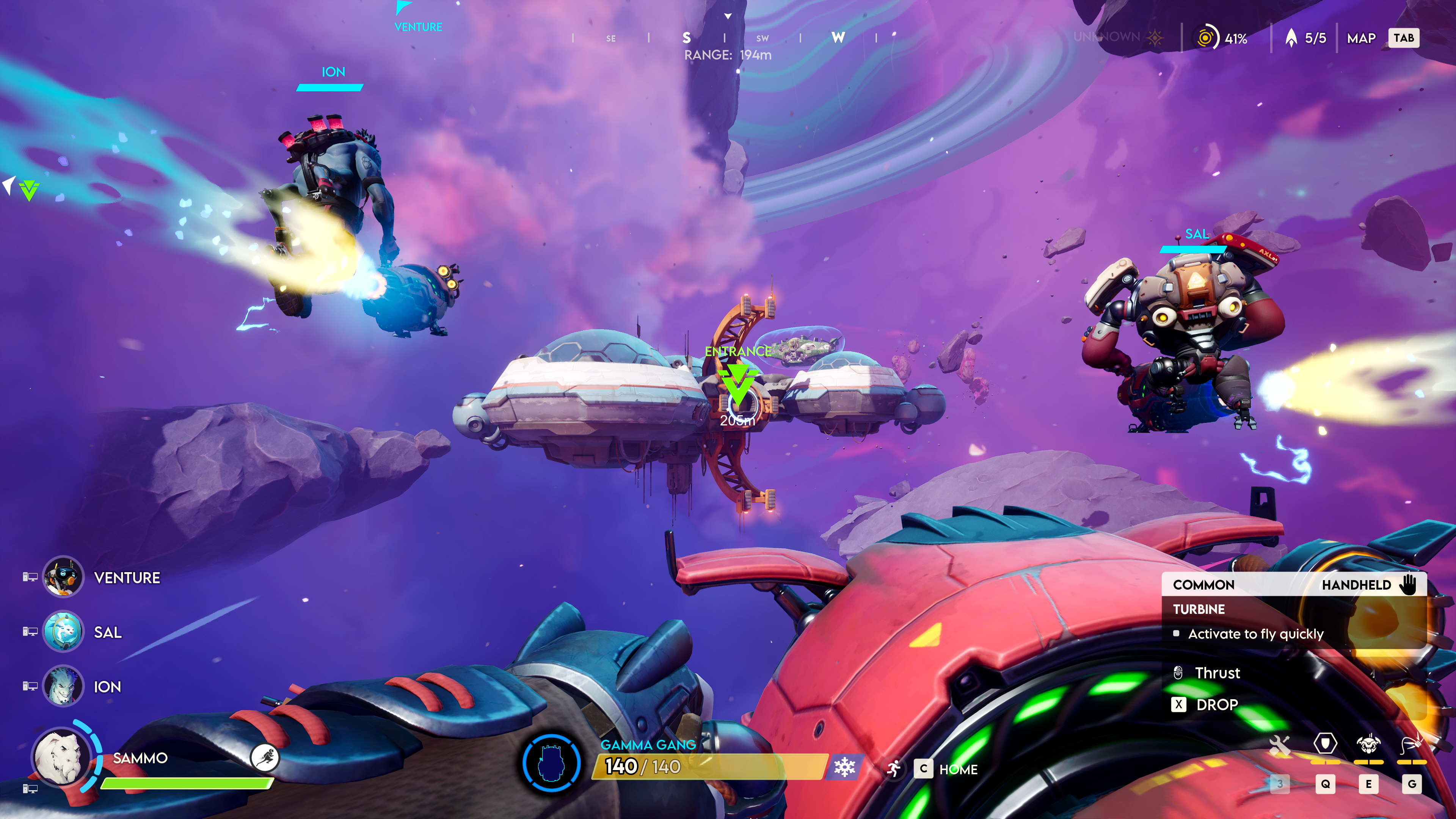
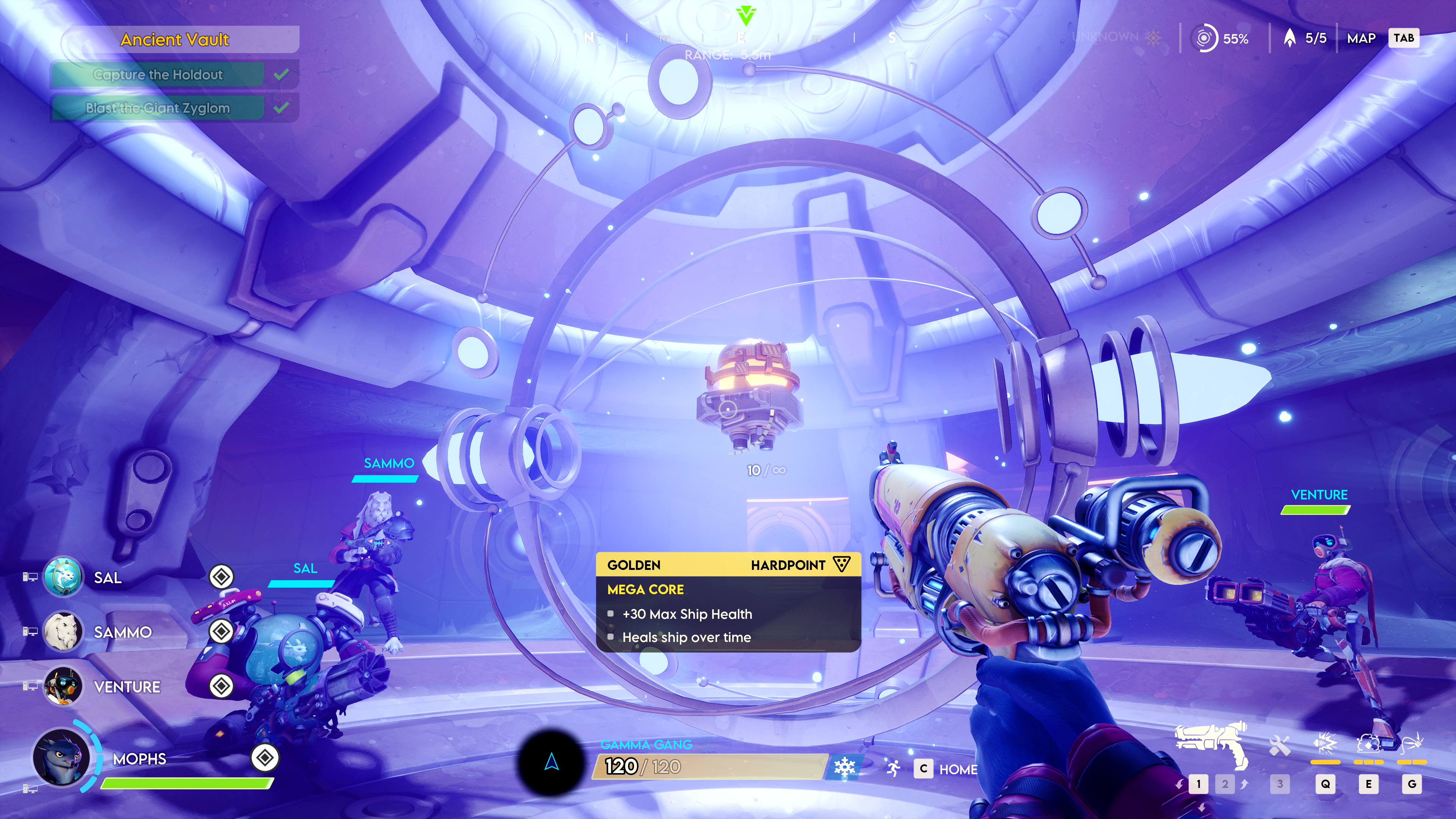 10 Images
10 Images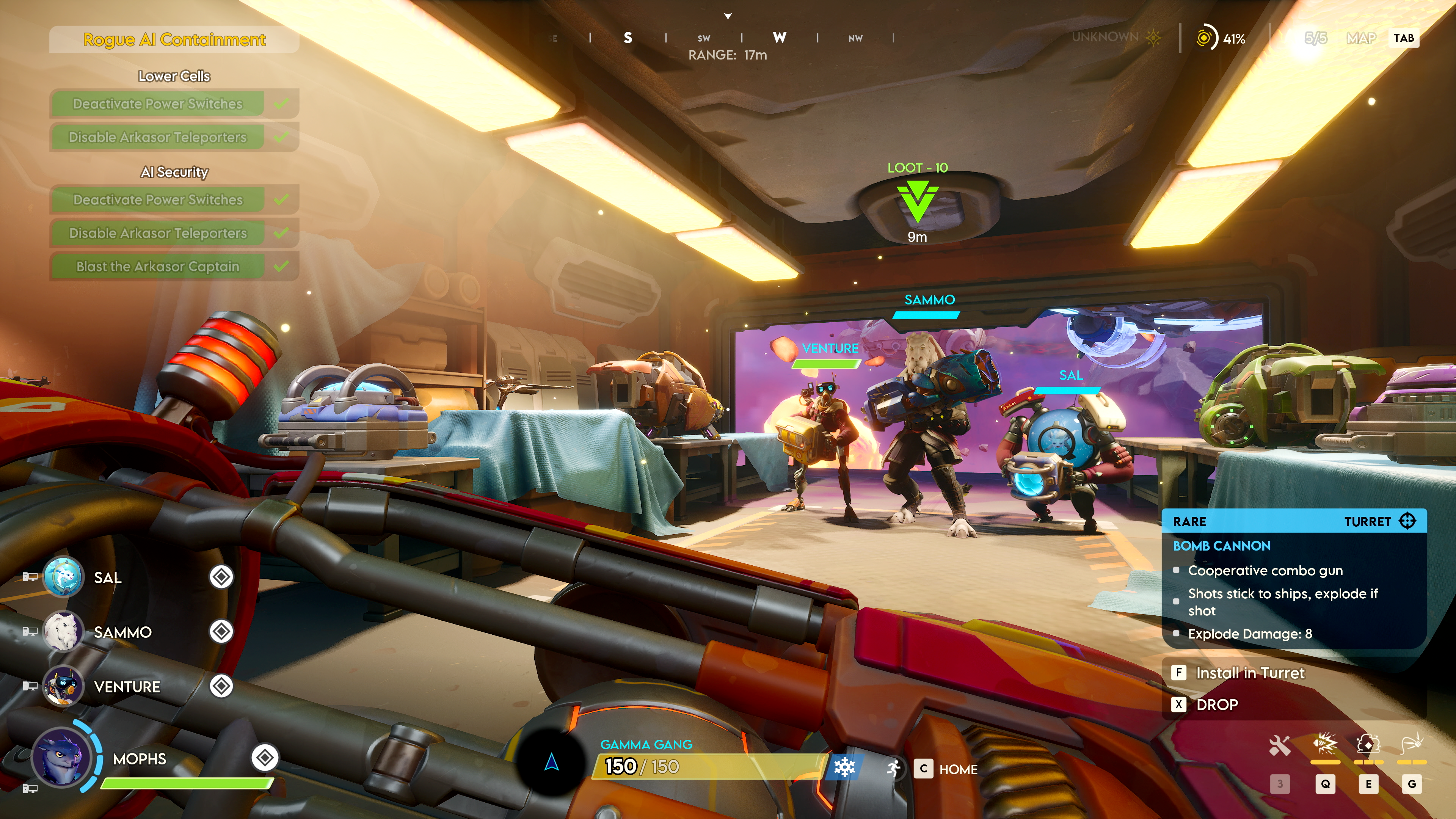
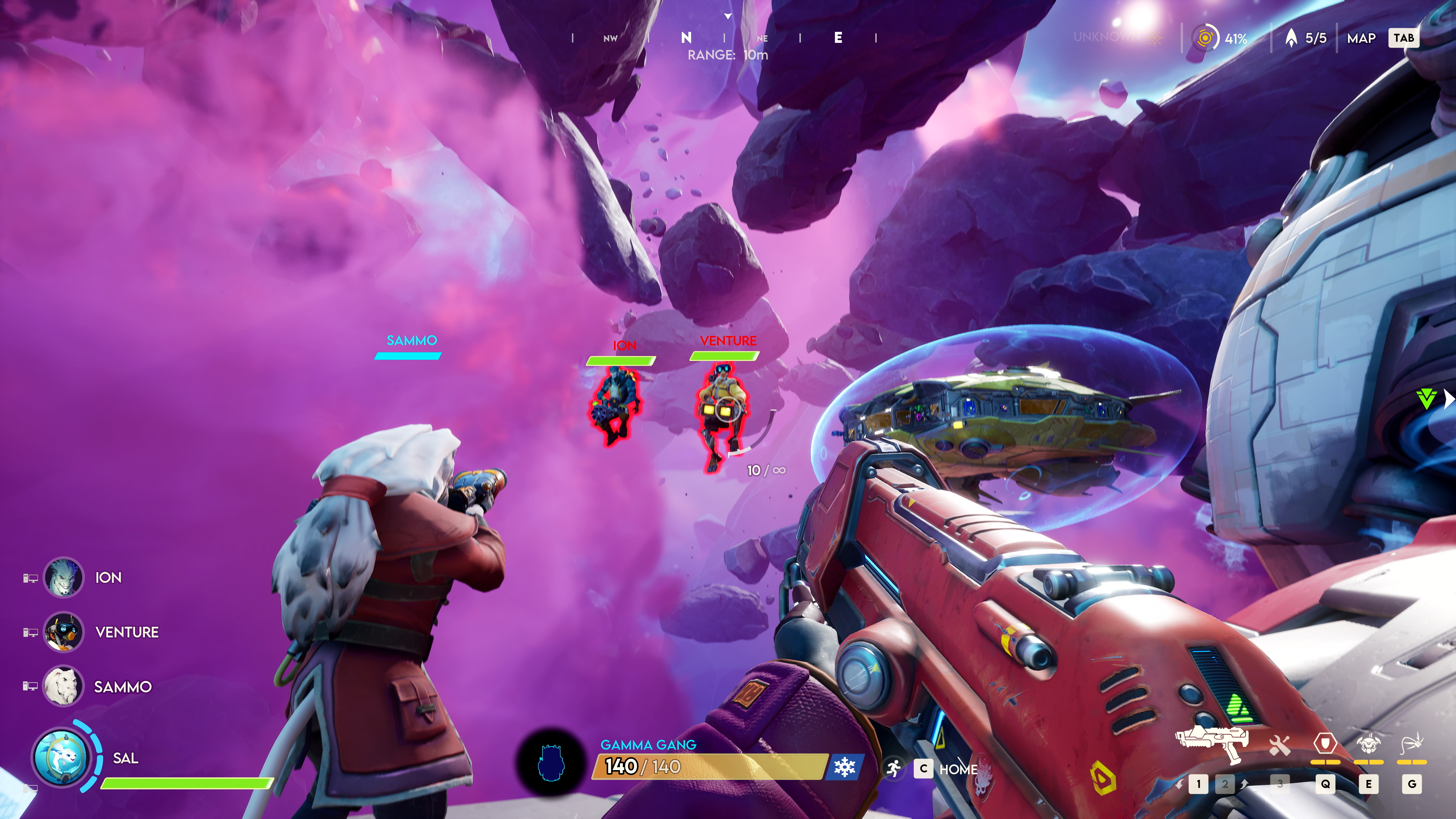
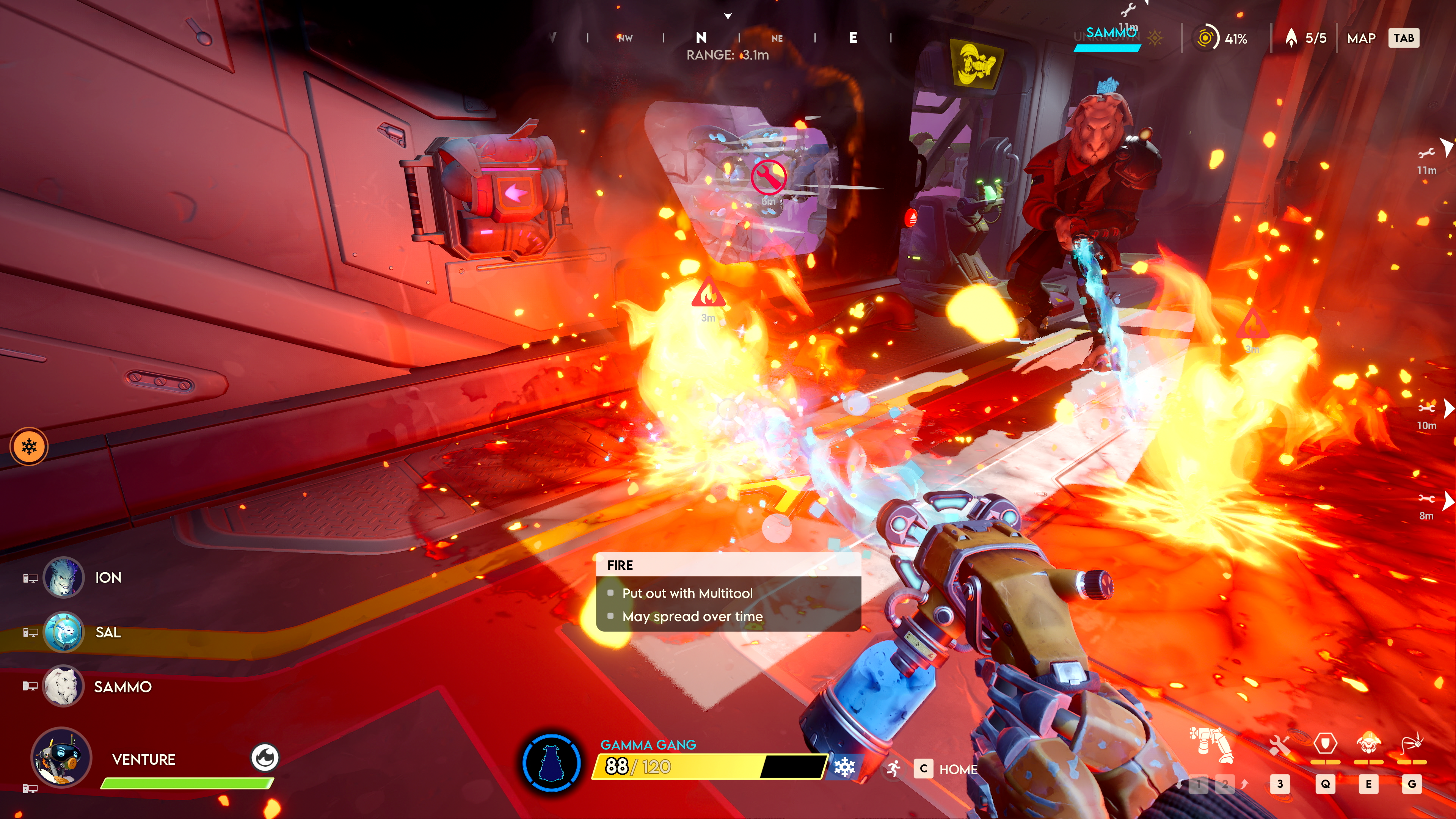
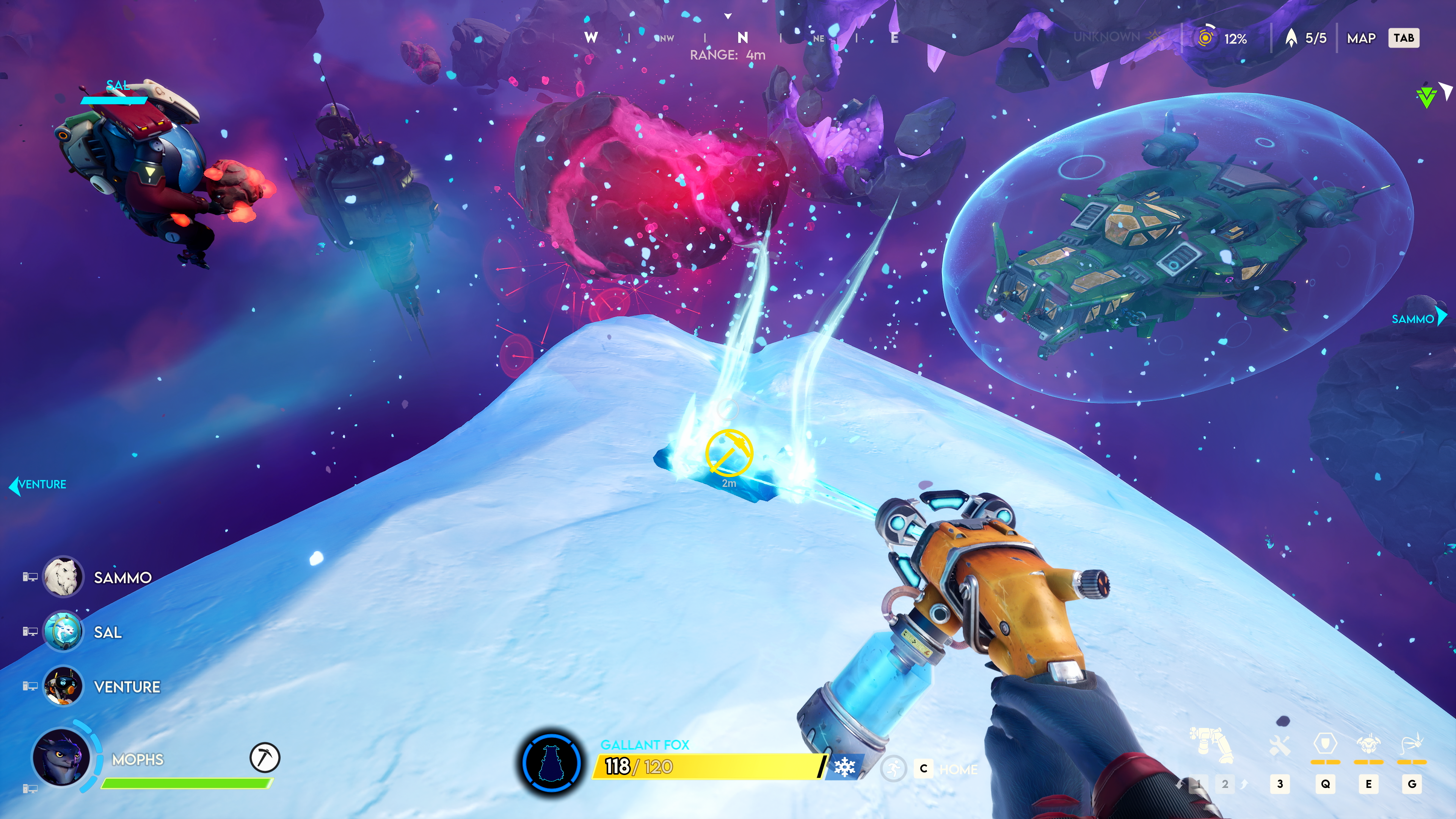
"We saw all these studios starting up and we have a lot of relationships," he said. "We knew many of the folks starting up and wanted to create a structure that allowed us to be helpful and root for these studios. So, we built a framework that enabled us to offer guidance and advice, and be incentivized to want them to succeed."
At GDC, discussions often revolved around the ongoing industry crisis and the prioritization of profits over all else, leading to numerous cancellations, shutdowns, and layoffs. When asked about the tension between craft and business, Morhaime believes the two are not mutually exclusive. However, he emphasized the importance of allowing for occasional failure to foster innovation.
"To create an environment that allows for innovation, you need a certain level of safety and space to experiment and try new things," he said. "We're not against our products being successful and profitable. It's about the focus. Are these teams focused daily on maximizing profitability at every step? No, they're trying to create the best experience possible, which we believe is the right business strategy in the long run. With so much competition and games being released annually, the only way to stand out is to offer something truly special."
Given Dreamhaven and its partners are largely staffed by AAA veterans, I asked Morhaime about the most significant lesson from his time at Blizzard. He highlighted the importance of an "iterative" game development process.
"It was never linear. It was never a straight line where you have a perfect plan and everything goes according to plan, leading to success. We always encountered obstacles and things that didn't work as expected, but we had the flexibility and adaptability to address these challenges along the way. So, approaching everything with a perspective that encourages experimentation and the ability to revisit and fix what isn't working is crucial to ending up with something we're proud of."
When asked about the biggest difference between working at Blizzard and Dreamhaven, Morhaime succinctly responded with one word: agency.
"This is such an experienced team, and we're structured to give a lot of agency to our leadership teams in the studios," he said. "It's a unique environment in terms of the relationship between our studios and the central company. The central teams exist to support the studios' needs, and our studio heads and leadership are also founding members of Dreamhaven. It's really more of a partnership."
Our conversation then turned to new technologies, specifically the contentious issue of generative AI. While it's unpopular among gamers and a source of anxiety for many developers, several AAA companies are implementing it. Dreamhaven, according to Morhaime, is approaching this technology cautiously, limiting its use to research on best practices and internal policy drafting, and it's not being used in their games.
"As a technologist and someone who loves what technology can do, it's exciting to witness the birth of something so fascinating. Just a couple of years ago, I never imagined generative AI would be capable of what it's doing now. There are many complexities, legal and ethical, and it's challenging to predict its impact on our lives. I believe it will affect us in many ways, some positive and some scary, but ignoring it won't make it go away. Those who ignore it will be at a significant disadvantage."
On a less controversial note, we discussed the upcoming Nintendo Switch 2. Sunderfolk and Lynked are slated for the Switch, but Mechabellum remains Steam-exclusive, and Wildgate's announcement did not include the Switch. Morhaime remained tight-lipped about Wildgate but shared his thoughts on the new console.
"Console transitions can be disruptive but also invigorating and beneficial for the games industry," he said. "As a gaming startup, console transitions are positive for us. If you already have games and are selling, there might be some disruption to worry about, but we don't have that issue. And as a gamer, I find console transitions exciting."
As we concluded, I asked Morhaime if Dreamhaven had achieved the mission he outlined five years ago. Is Dreamhaven a "beacon to the industry"? Morhaime believes they're not there yet. They need to release games and see how players and the industry respond.
"We have to put out games that people love and be financially successful because, without those two things, nobody will see us as a beacon for anything," he said. "What I ultimately want is for Dreamhaven to build a reputation with gamers where the brand stands for quality and trust. Players should know that if a game comes from Dreamhaven, regardless of genre, it's going to be something very special, sparking their curiosity to check it out."


